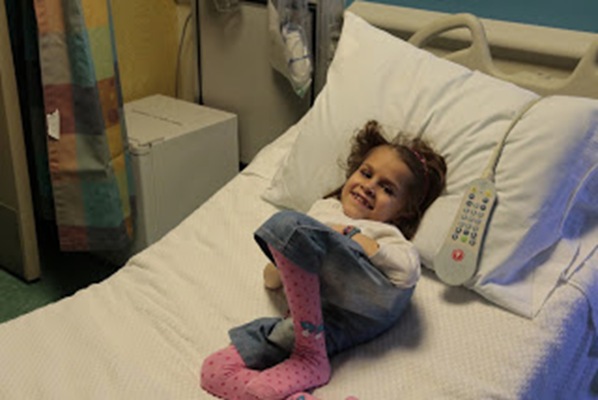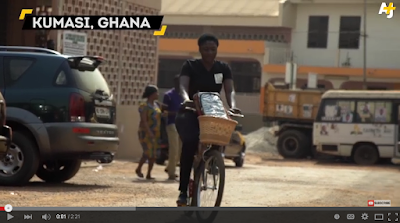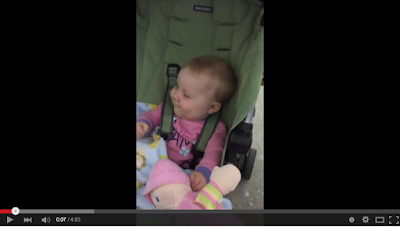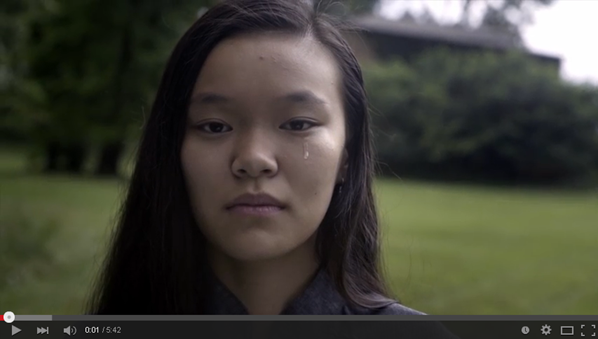
News and Tips from the Coach
Happy 2016!
Welcome to
News and Tips from the Coach, a new monthly newsletter which we will be bringing you every month, filled with financial tips and news to share with your clients and staff.
We realize that putting together the financial side of the adoption process is complicated and confusing. Our experienced coaches work with families everyday helping them to work through some of the complex areas such as the Adoption Tax Credit, updated loans and grants and how to create a financial strategy that doesn't wipe out their savings or put them into debt!
There is no simple answer, as we tell most of our families, but it's a lot easier if you have a plan -- and that's where our team of Adoption Finance Coaches come in! Each family is assigned their own Coach who has expertise in helping them to create a comprehensive plan that fits their budget
We hope you'll find this new resource helpful! We look forward to bringing you each month the most up-to-date adoption financial information, tips and tidbits to share with your team and your families!
Enjoy our first edition and here's to a prosperous and healthy New Year!
Your Adoption Finance Coach Team
Kelly, Brandi, Elicia, and Cathi
Your Adoption Coach Radio
Even though our radio show is no longer doing LIVE broadcasts we still maintain the content on the show in replays each week.
Each month we'll be highlighting one of our favorite broadcasts to share with you!
This months highlight: Adoption Tax Credit, with Becky Wilmoth. Becky and the team at Bill's Tax Service continue to be a valuable resource to us for information about the Adoption Tax Credit. Becky as appeared several times on our show to share updates and information about the tax credit. Click on the image to hear Becky talk about this important topic!
It's January...start thinking about your TAXES!
Probably THE most asked question that our coaches get is how does the adoption tax credit work and how much is it? We sponsor twice a year, Becky Wilmoth from Bill's Tax Service who does a live webinar for our families. It's a very popular session, Becky is one of the experts in this area. If you are a current affiliate agency then your families can register via the agency portal. All of our webinars are FREE to our families and agencies.
For completed adoptions in 2015, filing in 2016 the Adoption Tax Credit amount is $13,400. What most do not understand is the fact that it is a credit not refundable and that trips most people up. A credit reduces the overall tax liability and may or may not produce a refund but in most cases it does. If you expect your adoption to be complete in 2016, then the credit goes up to $13,460. This is a small increase compared to previous years, but an increase nonetheless. If you'd like to learn more about the Adoption Tax Credit, here are some valuable websites and resources for you:
Don't forget to check your State -- many have additional tax credits that can be applied to completed adoptions!
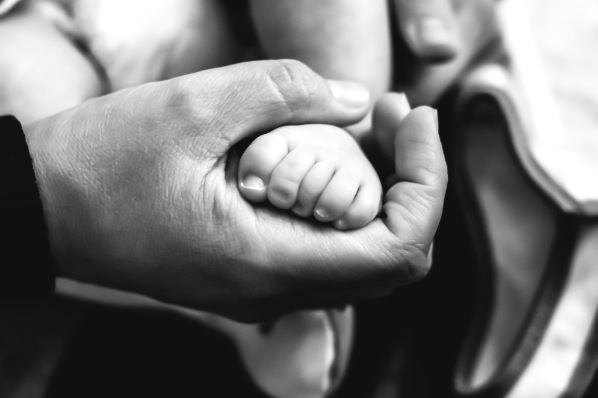 First, let me answer the question on everyone’s mind: What is adoption medicine? Children who join families through adoption may have special health, behavioral, and developmental needs. Adoption medicine addresses those needs with the family in all phases of the adoption journey. Those of us in adoption medicine are typically pediatricians, but we have a variety of additional training beyond pediatrics, in areas such as genetics, infectious diseases, global health, and developmental or behavioral pediatrics. We apply our skills in all phases of the adoption journey – both before and long after an adoption to help children adopted via all types of adoption.
Within the American Academy of Pediatrics (AAP), there exists the Council on Foster Care, Adoption, & Kinship Care (COFCAKC). This is a group of pediatricians with a special interest in adoption, kinship care, and foster care. These pediatricians are dedicated to improving the health and wellbeing of children and youth in foster care and kinship care, as well as those who have been placed in permanent adoptive families.
First, let me answer the question on everyone’s mind: What is adoption medicine? Children who join families through adoption may have special health, behavioral, and developmental needs. Adoption medicine addresses those needs with the family in all phases of the adoption journey. Those of us in adoption medicine are typically pediatricians, but we have a variety of additional training beyond pediatrics, in areas such as genetics, infectious diseases, global health, and developmental or behavioral pediatrics. We apply our skills in all phases of the adoption journey – both before and long after an adoption to help children adopted via all types of adoption.
Within the American Academy of Pediatrics (AAP), there exists the Council on Foster Care, Adoption, & Kinship Care (COFCAKC). This is a group of pediatricians with a special interest in adoption, kinship care, and foster care. These pediatricians are dedicated to improving the health and wellbeing of children and youth in foster care and kinship care, as well as those who have been placed in permanent adoptive families.


